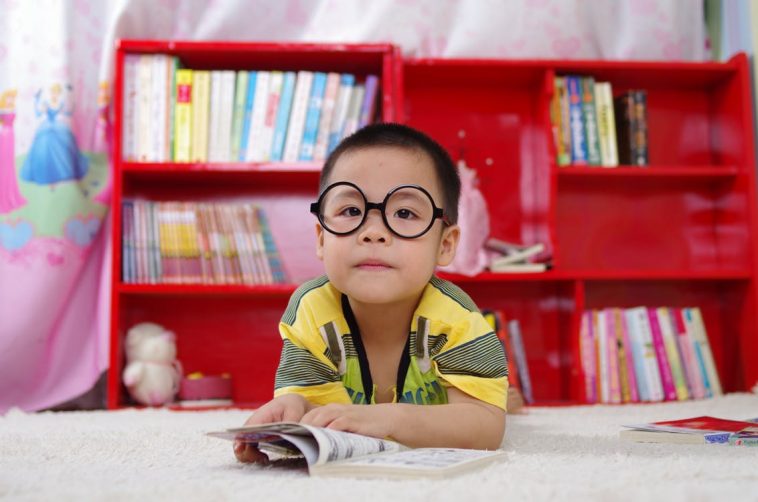To ensure opportunities to study for everyone, Finland developed an education system that maximizes each pupil’s potential. It created an education system that had no dead-ends and enabled learners to always continue with their studies. In national education rankings, Finland’s education system repeated success and today this country’s school system is top ranked among the developed countries.
The biggest secret for their education system is that Finland achieved its success by breaking down some of the customary rules of education. Finland revealed to the world that good education doesn’t necessarily mean spending a lot of money. The country instead provides a model that every other nation can emulate. Following are the key points,
Cooperation is preferred over competition:
In Finland there is no such thing as private schools. Every academic institution is funded with the help of public dollars. Instead of homogeneous tests, teachers are trained to issue their own tests. The Finnish government stresses on cooperation between schools rather than competition. Even without the competition, teachers are trusted to do extremely well on their own.
Teaching regarded a respected profession:
Teachers in Finland are valued a lot and are considered to lay the foundation for a child’s lifelong development. This is the reason that unlike U.S. they are paid well in Finland. In order to become a teacher, candidates are required to have at least a master’s degree.
Research is given importance:
In Finland, government the education policy decisions are made entirely on effectiveness. Research is not by any means burdened with political baggage like in the U.S.
Finland encourages experimentation:
The biggest benefit of research is that it does not stick to stubborn old rules. The teachers are motivated to develop their own mini-laboratories for teaching styles and to know what works and what doesn’t.
Playtime is valued:
After every 45 minutes of instruction, children are given 15 minutes to play. This rule is linked to Finland’s strong belief that kids ought to stay kids as long as possible. The break of 15 minutes encourages children to do well in school but great on assignments.
Very little homework:
In Finnish schools, children are given very little of homework. This philosophy stems from a mutual level of understanding by parents, teachers, and schools. Teachers make an effort to cover up as much as they can and do not burden children with a heavy homework.
High-quality pre-school:
Until the age of seven, preschools and daycare are both universal in Finland. Preschools align their courses and prepare children along similar tracks for future education.
Via: Business Insider





